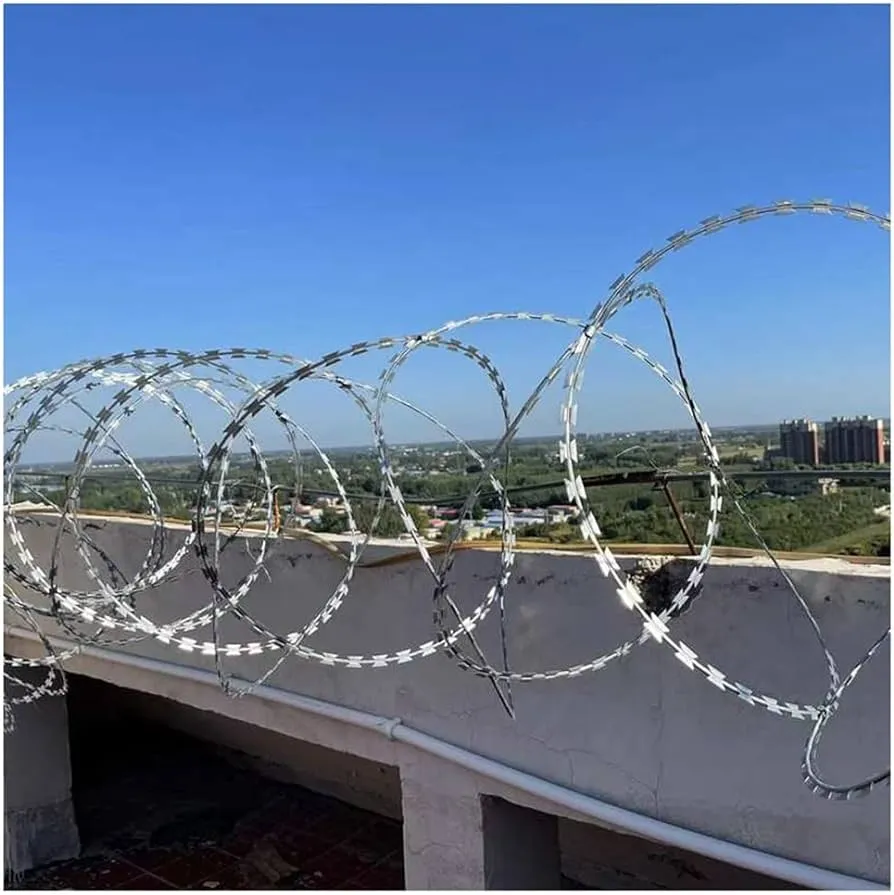nails for concrete walls
Choosing the Right Nails for Concrete Walls A Comprehensive Guide
When it comes to construction, particularly in building sturdy structures like garages, basements, or retaining walls, concrete is often the material of choice due to its strength and durability. However, attaching items to concrete walls poses its own set of challenges, primarily the need for the right fasteners. Nails specifically designed for concrete walls are essential for achieving a secure and long-lasting hold. This article explores the types of nails suitable for concrete applications, their installation methods, and best practices to ensure a successful project.
Understanding Concrete Nails
Concrete nails, also referred to as masonry nails, are specially designed to penetrate hard surfaces like concrete, brick, or stone. Unlike standard nails, which may bend or break when driven into concrete, concrete nails are made from hardened steel and possess a unique design that facilitates their insertion into tough materials. These nails typically have a thicker shaft and a sharp, tapered point, allowing them to drive into masonry with minimal effort.
Types of Nails for Concrete Walls
There are several types of nails specifically suited for different concrete applications
1. Masonry Nails These nails range in size but are generally 2 to 3 inches long. Their increased strength and durability make them ideal for light-duty applications, such as attaching wooden framing or paneling to concrete walls.
2. Concrete Screws Though technically a screw, concrete screws offer an excellent alternative to nails for securing fixtures or decorative items to concrete. They feature a sharp tip that allows for direct installation without needing to pre-drill a pilot hole.
3. Powder-Actuated Fasteners Often referred to as powder-actuated nails, these fasteners are driven into concrete using a special tool that utilizes a small explosion to propel the nail. They are extremely effective for heavy-duty applications and are favored by professionals due to their speed and ease of use.
4. Expansion Anchors While not nails in the traditional sense, expansion anchors provide a secure way to hold heavy objects to concrete walls. When installed, the anchor expands within the hole, providing a solid grip.
Installation Tips
nails for concrete walls

Successfully installing nails into concrete walls requires proper tools and techniques. Here are a few steps to ensure proper installation
1. Select the Right Tool Depending on the type of fastener, you may need different tools. A hammer is generally used for masonry nails, while a hammer drill is recommended for installing expansion anchors or concrete screws.
2. Pre-Drilling For larger nails or screws, pre-drilling into the concrete can prevent cracking and ensure a precise fit. Use a carbide-tipped masonry bit and a hammer drill to create the necessary hole.
3. Depth and Spacing Consider the depth of the nail penetration and the spacing between nails. For heavier applications, such as when securing beams or heavy shelves, ensure a minimum penetration of 1.5 inches into the concrete for adequate support.
4. Safety Precautions Always wear safety goggles when working with concrete, as bits and shards can fly during installation. Additionally, ensure your working area is free from obstructions to prevent accidents.
Best Practices
To maximize the performance of your concrete nails, adhere to the following best practices
- Choose Quality Fasteners Investing in high-quality nails or screws will result in a more durable and secure attachment. - Use the Right Adhesive For added security, consider using a construction adhesive in conjunction with your nails to enhance the bond between materials. - Regular Inspection Periodically check the integrity of items attached to concrete walls, especially heavy objects, to ensure they remain secure over time.
Conclusion
Choosing the right nails for concrete walls is crucial for any construction or renovation project. By understanding the types of fasteners available, following proper installation techniques, and adhering to best practices, you can ensure a robust and lasting attachment. Whether you are a seasoned contractor or a DIY enthusiast, making informed decisions about your materials will lead to greater project success and longevity.
-
Iron Nails Evolving Sentience in Landfill Ecosystems
NewsAug.22,2025
-
Black Iron Nails: Raw Power, Five-Star Forged
NewsAug.22,2025
-
Wire Mesh: Dingzhou's Industrial Language
NewsAug.22,2025
-
Reflective PVC Coated Wire Mesh Highway Safety
NewsAug.22,2025
-
High Carbon Steel Wire Suspended Desalination Nets
NewsAug.22,2025
-
Steel Wire Sparks: Five-Star's Origin Story
NewsAug.22,2025














